“Generative AI and Agentic AI are no longer experimental, they are becoming business imperatives, especially in healthcare, where complexity and data volume are extremely high.”
Thomas Filaire, VivaTech 2025.
The AI Revolution in Healthcare
Generative AI, exemplified by cutting-edge tools like ChatGPT and Google Gemini, is rapidly evolving from a niche technology to a core business imperative, opening up significant new opportunities in healthcare. This industry is inherently data-rich and process-heavy. The ability of generative AI to create original content and automate complex tasks is invaluable. Artefact, a leading data and AI consulting firm with a decade of experience and a global team of over 1,700 professionals, has been at the forefront of this shift, particularly within its dedicated Healthcare practice. With over 50 specialized consultants in France and a diverse client base, Artefact actively shapes healthcare’s future through intelligent AI solutions, fostering collaboration across the European ecosystem via their “AI for Health” network.
“We are very proud to animate the French and European healthcare ecosystem through our AI for Health network — where startups, pharma, public players and researchers collaborate on real use cases.”
Thomas Filaire, VivaTech 2025
Unlocking Potential: Real-World AI Applications Delivering Tangible Impact
Thomas Filaire showcased three compelling real-world examples at VivaTech, vividly demonstrating how generative and agentic AI are already delivering significant, measurable value across diverse healthcare contexts:
The first example is the ICD-10 medical coding system for hospitals. For a Belgian hospital, Artefact implemented an advanced “agentic workflow” to automate medical activity coding from unstructured patient reports. This critical task, often taking around 15 minutes per record, was dramatically reduced by up to 80%. The AI system not only suggests codes but provides clear justifications, significantly enhancing accuracy and trust in the data.
“We cut coding time by 80%, from 15 minutes to 2–3 minutes per medical record, and the system justifies each proposed code, which builds trust and improves accuracy.”
Thomas Filaire, VivaTech 2025.
Next, consider GenAI for Safety Reports: we reduce DSUR and PSUR report drafting time by 30% with the use of Agentic AI. In pharmacovigilance, an AI-powered solution now drafts mandatory Periodic Safety Update Reports (PSUR) and Development Safety Update Reports (DSUR). These extensive reports require processing vast, diverse datasets. The AI workflow meticulously analyzes this data and generates initial drafts, saving pharmacovigilance teams up to 30% of their valuable time, allowing them to focus on higher-value activities like risk assessment.
Finally, on the commercial side, the Agentic AI content tool to generate localized content, pre-validated according to medical and compliance guidelines, is revolutionizing the production of promotional content for pharmaceutical companies. Localizing content was historically a slow, costly process. Artefact’s AI solution streamlines this entirely. It takes a concise brief and leverages specialized agents to retrieve local regulations, generate content drafts, and even challenge the content against specific audience personas. This process significantly accelerates the pre-Medical, Legal, and Regulatory (MLR) review by up to 30%, making content creation faster, more efficient, and compliant.
These compelling examples powerfully demonstrate AI’s capacity to dramatically boost operational efficiency and accelerate innovation, fundamentally improving the quality and speed of healthcare delivery.
Navigating the Future: Addressing Challenges
While AI offers immense benefits, critical challenges must be proactively addressed for responsible growth. Concerns surrounding algorithmic bias, data privacy, and misinformation are particularly pertinent in healthcare. Ethical AI deployment and robust governance frameworks are absolutely essential to mitigate these risks and build public trust.
The workforce is also transforming. While AI automates many routine roles, it is simultaneously creating new job functions. In regions like MENA, an AI talent shortage prompts governments and businesses to invest heavily in upskilling and education to prepare their workforce for this inevitable shift.
Embracing Strategic Growth
Moreover, the AI regulatory landscape is still evolving, requiring businesses to navigate uncertainty. While governments promote AI growth, comprehensive laws are often lacking. Companies must self-regulate, adopt best practices, and engage policymakers to shape balanced AI policies that encourage innovation while ensuring patient safety.
To lead in this revolution, healthcare organizations must embed AI within their core strategy, not treat it as an isolated experiment. They should start with high-impact projects, strengthen data and technology foundations, and invest in talent and strategic partnerships. By embracing these directives, organizations can unlock unprecedented opportunities to significantly improve patient care, accelerate drug discovery, and contribute to a healthier future.

 BLOG
BLOG






